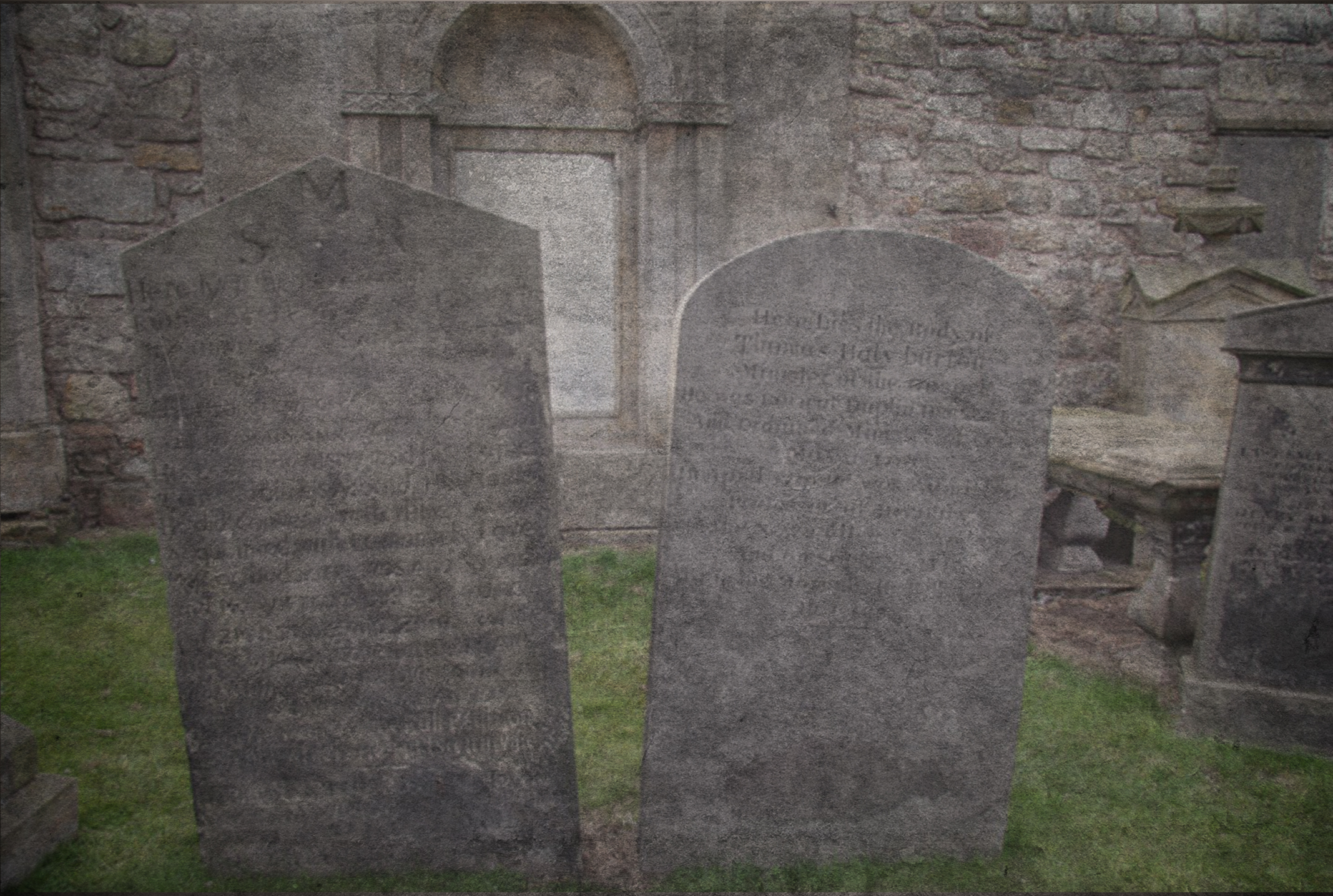
I have always been drawn to those who can speak with creativity and with conviction. This was true before my conversion, and is especially true today. Since my conversion, I find myself hungering to hear the word preached. When it comes to preaching, there are two basic things that I want to hear from a preacher: the word of God and earnestness. If he doesn’t bring the word of God, he has nothing to say. If he isn’t earnest, I’m tempted to not believe him. As I evaluate my own preaching, and coach other preachers, I find that earnestness is one of the areas that needs the most attention. A man’s earnestness in preaching is often the hand that grips the hearer and brings him along side the preacher to the truth proclaimed.

In seminary, a friend of mine would often challenge me on my insistence that whatever portion of Scripture we preach, we ought to get our hearers to the cross. Whether we are preaching glorious cross-centered texts like Galatians 2:20-3:1 or Romans 5:6-11 or whether we are preaching any given part of the Sermon on the Mount, the minster must get his hearers to the cross for pardon and power. On one occasion, my friend responded by suggesting that we don't have to do so because "Jesus didn't do so." He said, "Jesus preached lots of things without mentioning His atoning work on the cross." So how should one respond to such a claim? I would suggest that a biblical-theological approach to reading the Scriptures contains the answer to such a faulty understanding of the message of Scripture.

Recently, I have had an extraordinarily unusual number of people ask me what the Scriptures teach about burial verse cremation. Not being the sharpest tool in the shed, I did not put together that this is most likely on account of the economy. Yesterday, I happened to be speaking with the owner of a funeral home who said, "People just aren't dying like they used to." Immediately thinking, "He can't mean that people aren't dying at the same rate as they used to, " I thought, "he must mean that they are opting for cremation over burial for economical purposes." This was precisely what he was suggesting. In fact, he told me that there are even cremation services that are advertising on television now. You can get a $9.99 special at one such place in the area. So, the question remains: What, if anything does the Scripture say about burial? The answer might surprise you.

At a recent conference, I sat and listened intently to a lecture in which the participants were challenged to read the Psalms, not after the manner of those who eat candy--picking out favourites randomly--but in context. The speaker was Dr O. Palmer Robertson, who was giving us a taste of the fruit of his forthcoming work The Christ of the Sages. The question raised was, "Is there a context or order to the Psalms, or does each Psalm stand-alone?" It will help us to briefly consider Psalms 34-41 as a case study in order to answer this question.

Sometimes in the name of zeal for biblical fidelity we can inadvertently correct others where no correction is needed. I’ve had the infelicitous experience of being corrected, on numerous occasions, for something for which I ought not to have been corrected. I have also been the culprit of such uncharitable action. I have, at times, made assertions about certain portions of Scripture (e.g. certain chapters in Genesis, Romans, Galatians and Hebrews) being greater than others. In response, I have been on the receiving end of well-meaning Christians firing something back along the lines of, “Every portion of Scripture is important. We shouldn’t say that one part is greater than another.” So the question is, "It right or wrong for us to speak of some portions of Scripture as being greater, or more important, than others?"




















 © Alliance of Confessing Evangelicals
© Alliance of Confessing Evangelicals


